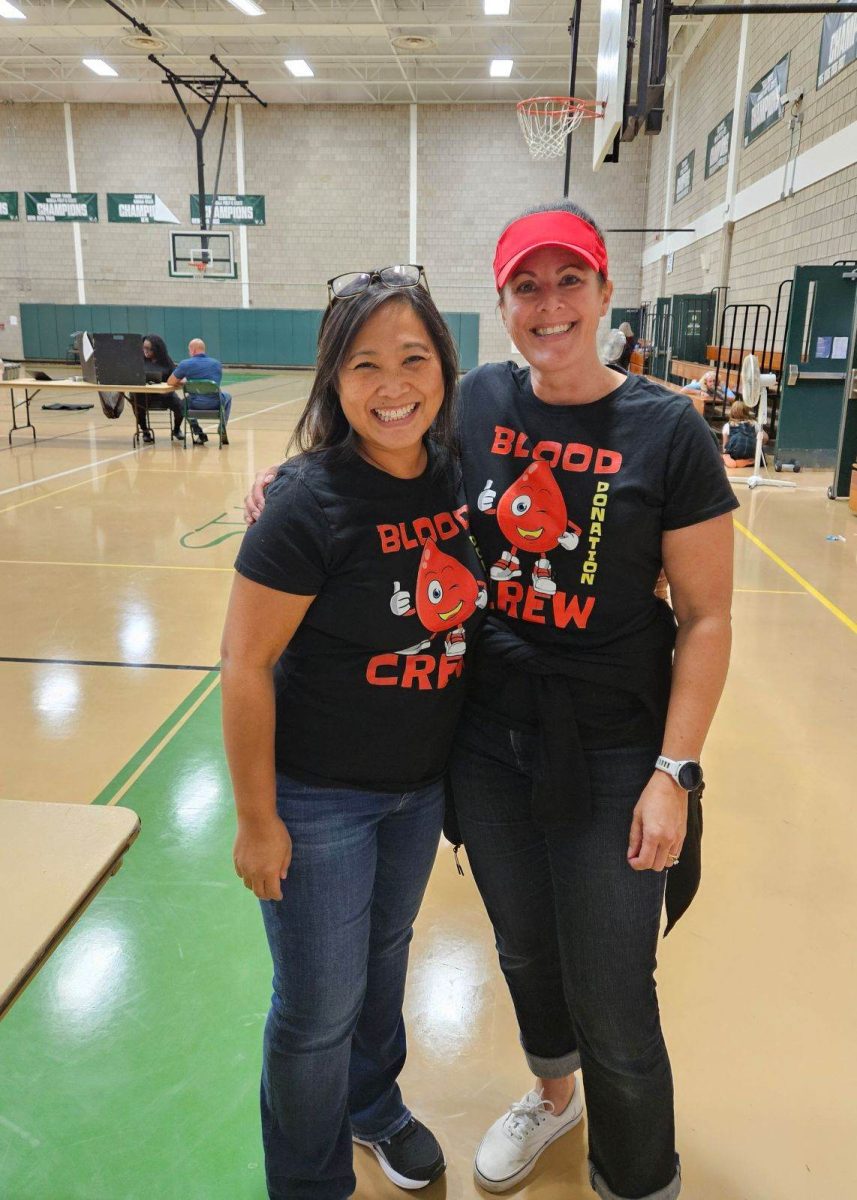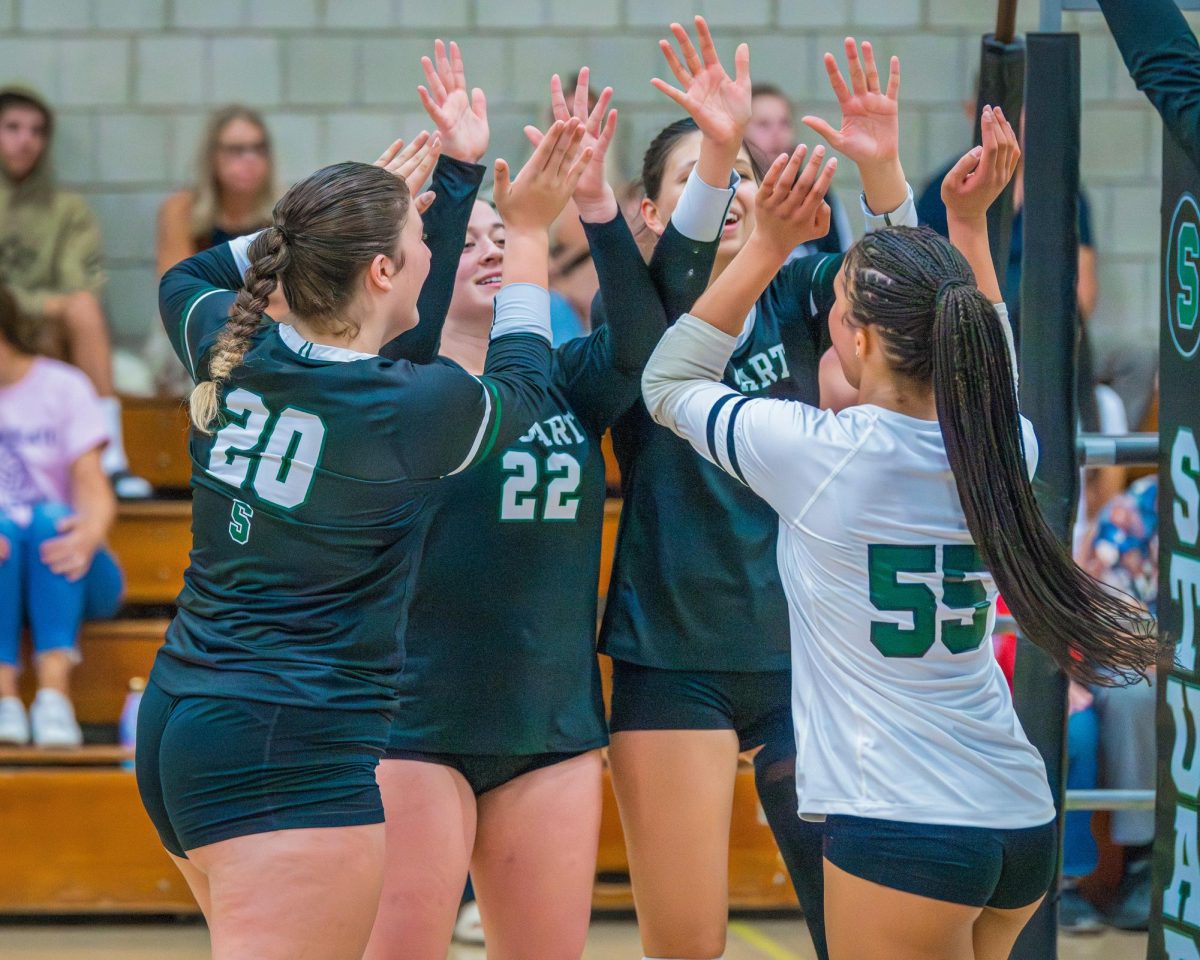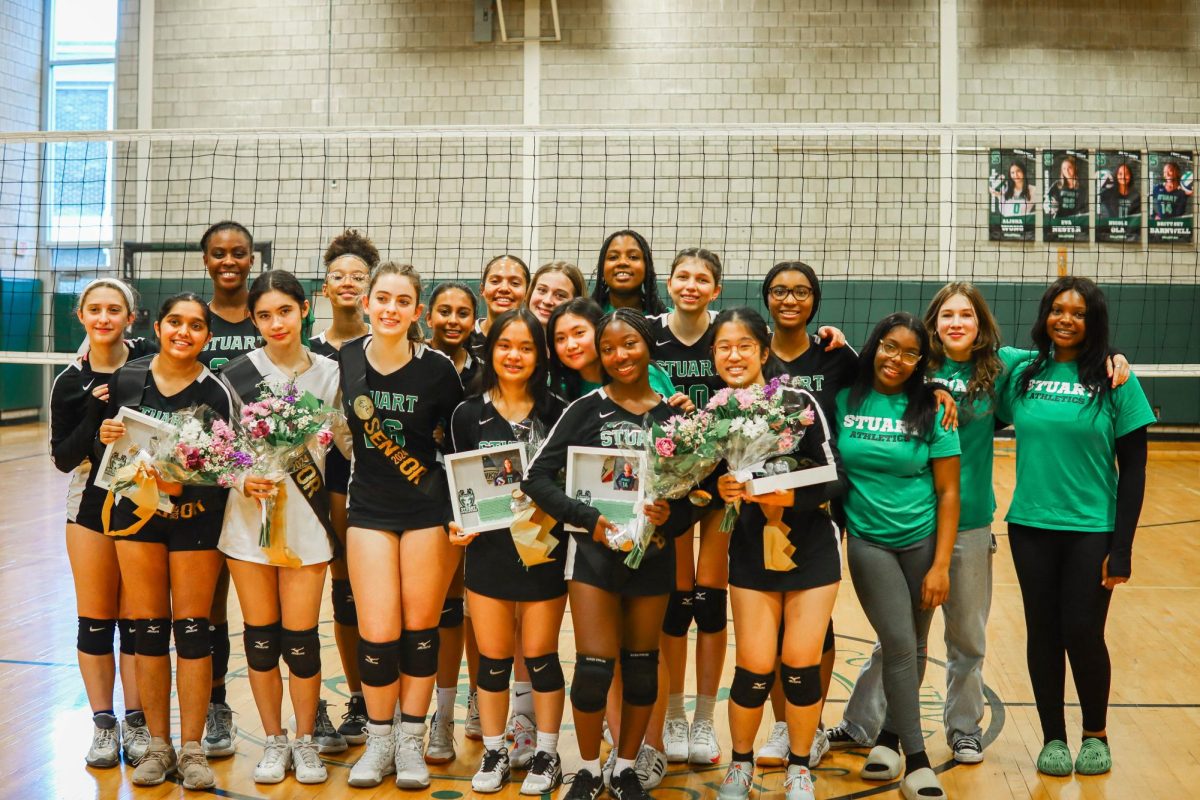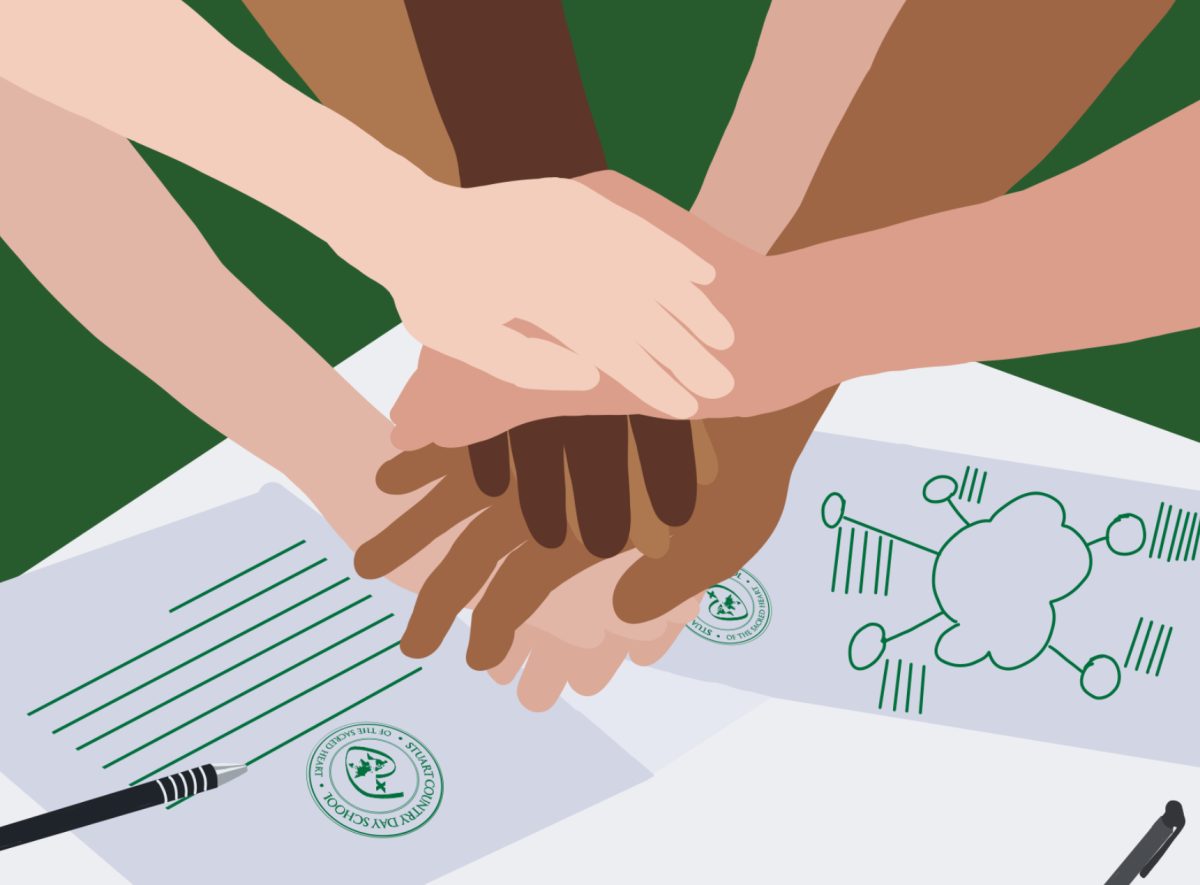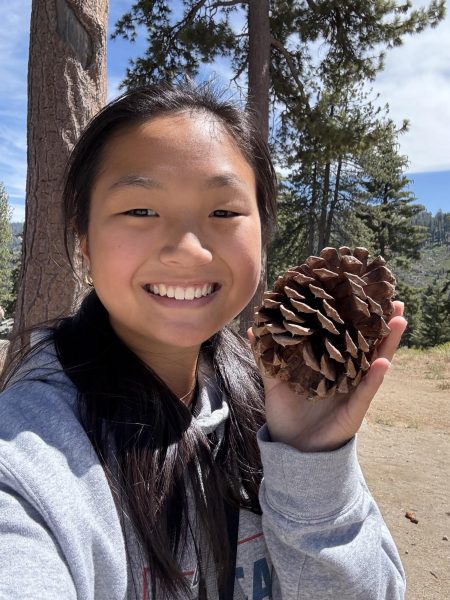In school, we all have one thing that we dislike more than anything else in the day. For some people, this might be tests, for others, it might be sports. For me, its group projects. In the past, I have had terrible experiences, like group members not doing their work resulting in a bad grade, and excellent ones, like being paired with friends who worked well together and managed to earn high marks while still having fun. Over time, I learned that when it comes to group projects, you can never control other people; however, there are a few things you can do to make sure everyone succeeds and you all walk away with a great grade
First: Go over the rubric with your group
Make sure everyone understands exactly what the project requires and what needs to be completed. Don’t waste time on unnecessary extra tasks before finishing the essential parts of the assignment. Going through the rubric as a team helps ensure no one overlooks an important section, and it sets clear expectations from the start.
Second: Assess group members strengths and weaknesses
Knowing your team’s strengths and weaknesses is key! No one should feel embarrassed for not being skilled at everything; that’s the whole point of working in a group. If someone is great at art, let them handle visuals or design elements. If another team member enjoys writing, give them the report or script. Playing to everyone’s strengths makes the final product stronger and helps the work feel more balanced and fair.
Third: Assign an equal workload and set deadlines
Once you’ve assessed everyone’s strengths and weaknesses, assign tasks that are of equal weight. Make sure each team member knows what they’re responsible for and what needs to get done. Write it down somewhere accessible like a group chat, shared document, or project board so that there’s no confusion later. Setting smaller deadlines before the final due date can also help keep the group on track and prevent last minute chaos.
Fourth: Be prepared to help each other out (communication!)
Even if everyone has their own part, group projects work best when communication is constant. Check in with each other regularly to share progress, ask questions, and offer help when someone is stuck. A quick message or meeting can solve misunderstandings early and make the whole project run more smoothly.
Fifth: Trust in your teammates to get their work done
This might be the hardest part for most people. It can be stressful to rely on others for your grade, but micromanaging or redoing other people’s work will often cause more tension than it will solve the problem. Let your teammates know that you trust them; it can actually boost morale and motivate everyone to put in their best effort! If someone falls behind, approach the situation calmly and work together to fix it.
Other things to keep in mind
Be willing to make sacrifices:
Group projects don’t always go the way you plan. Sometimes you’ll have to adjust your schedule, take on a bit more work, or compromise on an idea you liked for the sake of the group. Learning to be flexible and putting the group’s success above personal preferences can make a huge difference. Group projects are not about one person getting their way; it’s about producing the best final result together.
Hold yourself accountable:
Accountability is key. If you promise to complete a section by a certain date, follow through. Don’t wait for others to remind you or cover for you. When everyone in a group holds themselves accountable, it builds trust and reduces stress for everyone involved. If you make a mistake, own up to it and fix it. Your honesty and responsibility will make the group stronger.
Respect different working styles:
Not everyone works the same way. Some people like to finish early, while others do their best work closer to the deadline. As long as everyone meets expectations and deadlines, try to be understanding. Respecting other’s working styles helps keep the group dynamic positive and cooperative.
Stay positive and professional:
Group project can bring out frustration, especially when things go wrong. However, staying respectful and keeping a positive attitude can help prevent small problems from turning into big arguments. A little patience and encouragement can go a long way!
Reflect on the experience:
Once the project is done, take a moment to think about what went well and what could be improved next time. Reflection helps you grow as a teammate and prepares you for future collaborations, whether in school or later in life.
In conclusion, group projects can be messy, unpredictable, and sometimes frustrating, but they can also teach valuable lessons about teamwork, leadership, and communication. You can never control everything (or everyone), but by staying organized, supportive, and proactive, you’ll give your group the best chance at success. And who knows? You might even end up enjoying the process along the way.





